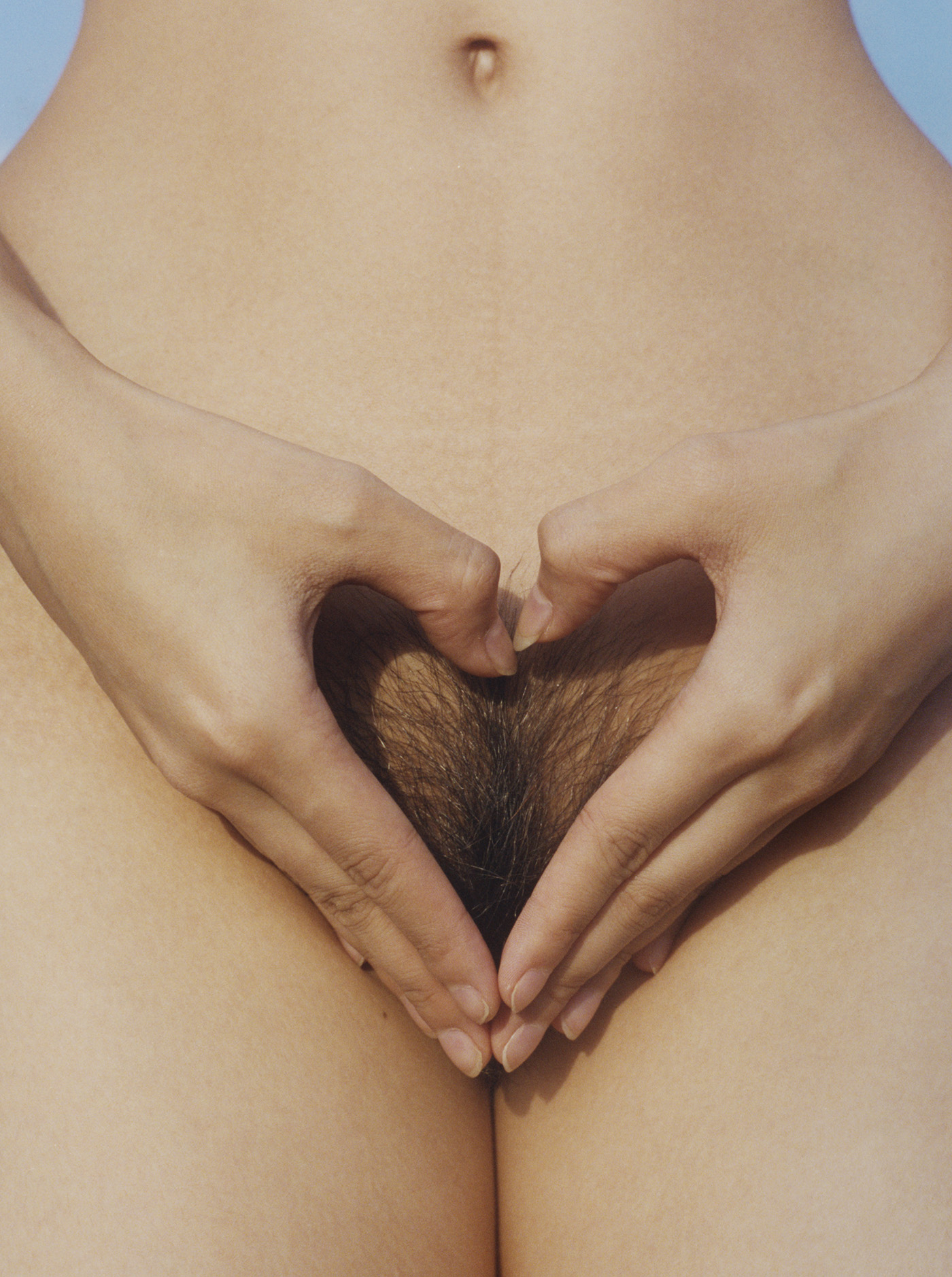Mo: What do you find to be one of the most fulfilling attributes of being surrounded by creatives and involved in the creative world?
Alexandra: Being in this career and being surrounded by people who are like-minded, there is a strong sense of community but it's also very engaging all the time. People are trying to push boundaries and it's nice to be around that energy. It feels like you're part of something bigger in a way that means something and can inspire people and inspire change. Making work people can relate to is really important because you never know what that can do for someone.
Alexandra: I actually watched this amazing documentary called How Art Began. Anthony Gormley does the show and he takes you back literally to 50,000 years ago and you realize that people were making cave paintings before they could make paintbrushes. They would eat the charcoal from their fire pits and then spit out the black pigment onto the wall and create these paintings. It made me realize that there is almost this primal need to express ourselves and explore our existence in whatever way we can, and through doing so helps us understand and be ourselves more fully.
Alexandra: Some people can think that art is just a hobby or a luxury, but the documentary reinforces that it’s actually an integral part of being human. I went to the Tracy Emin show at the White Cube quite recently and I found it very inspiring mostly because of just how personal it was. She's putting her deepest self into her work for everyone to see and it makes it extremely emotive and powerful. There was a screening of a video taken a few years after her abortion where she's talking about this very dark experience. After the whole saga, she gave up everything and had a bit of a breakdown. She eventually went back to art but realized through this kind of earth shattering event that she couldn’t go back to just making anything; it had to mean something. So that was interesting to see—almost like art saved her in a way. There's a lot of art out there which are just pretty pictures and that's great—it works for some people. But I think, for me, the most powerful work is work that comes from a deeper place.
Mo: It's amazing that we have so many options now to talk and learn about the things that we both love and worry us. Art is the intersection of that, I believe. With that, it gives us artists the responsibility—if we choose—to champion that.
Alexandra: I think everyone perceives the world differently. So I think it's really important to try to stay true to your own perception because that is when you find you're producing work that’s most true to you. I think within my fashion work I try to do that. And within my personal work, again, it's the same but you can delve deeper. I start a lot of my personal work as an exploration of a topic but I don’t necessarily have the answers, so in doing the project I get to learn more. So it's usually things that I'm curious about or fascinate me in some way.
Alexandra: Essentially your personal work should be for you, not for anyone else. The idea is that by doing so you hope to create work that you're proud of but also work people can relate to and draw inspiration from. If it inspires someone to take action, or even spark a thought that wasn’t there before, then maybe you can start something quite powerful and the topic grows and takes on its own momentum.
Mo: For people who aren't familiar with your work, what’s a case that supports that idea?
Alexandra: I believe my Boys of Hong Kong project. It was about two different things: stereotypes towards Asian men and masculinity. I'm in no way saying that I was the one who instigated the movement, but it was released at a good time; a time when people were ready to start talking about masculinity and to make the changes needed, as well as a time where people were beginning to push diversity and broach this topic in a more powerful way. So it was received really well and it took on its own momentum and became part of something much greater. Getting people to just think and talk is important. I mean, conversations are powerful.
Alexandra: Just ask questions! I think the people who ask questions learn so much about the world or how things aren't or haven’t always been the way that we think they are. For example, the color pink, which is strongly associated with girls, was actually a color associated with boys 100 years ago… not sure that’s the strongest example I could’ve used [laughing], but when we ask questions we learn very fast that nothing is concrete, and most things are constructs that can be changed. Recognizing this ever-changing evolution of how we think is freeing in a way.
Mo: I think curiosity is the most dangerous yet beautiful thing we have. It allows us explore things that we normally don't which can lead to unfamiliar but exciting results. It's one of the biggest things I hope people remind themselves to be: curious. After all, photography is a curious medium.











